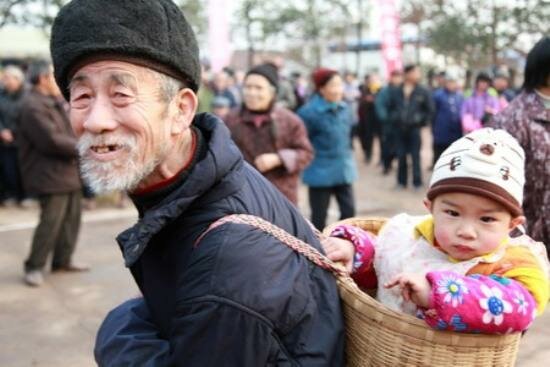Elderly Forced to Drink Urine in Nursing Home
Caregiver is blamed, but story exposes more serious issues in China’s care system for the old.
Lately Chinese netizens were shocked by a television report showing how in a secret footage, residents at a nursing home for the elderly in Zhengzhou City had been forced to drink urine by a caregiver. The said caregiver has since been detained by the authorities. (Yangzi Evening News, June 1)
In a society such as ours where “Respect the elderly, love the young” is a slogan inscribed in the Code of Conduct for primary and secondary school students, where 2,500 years have been devoted to the culture of filial piety, one still often sees headlines such as “Old man forced to drink urine” and “Old man severely beaten”. On the one hand, that proves the great amount of hypocrisy underlying our education, culture and values; on the other, it demonstrates the reality of the lack of respect and support for the elderly in our existing care system. For while one or two abusive caregivers could be dismissed as “cold-hearted caregivers”, many abusive caregivers would constitute an institutionalisation of some sort.
China is facing the severe problem of a rapidly ageing population.
On the surface, the abuse of the elderly by caregivers is a moral issue. Yet there are others to consider. Firstly, the caregivers’ lack of motivation can be traced back to the system’s inherent lack of respect for their work – being poorly paid with few incentives they inevitably become frustrated and angry. Secondly, it’s true that there is no basic supervision of elderly care in nursing homes by the authorities or other bodies; otherwise those caregivers would not have gone so far in their antics.
The backwardness of China’s elderly care system is evident – with the lack of investment and poor management practices, these homes can no longer fulfill the most basic of their social responsibilities. On top of that, there is the problem of overcrowding in publicly run nursing homes and the lack of affordability in the private ones.

China is facing the severe problem of a rapidly ageing population. As of 2009, the number of those age 60 and above had reached 167 million, or 12.5% of our population. It was also predicted that by 2040, China will have 390 million elderly, and by 2050 those age 65 and above will account for nearly one-quarter of the country’s population, with the number of those age 80 and above exceeding 100 million. How we treat our elderly will therefore become a very serious concern facing our society.
How a society treats its elderly is a key benchmark of its civilisation.
The old are the weak of the society. Adam Smith, in “The Theory of Moral Sentiments”, said: “Neglect of persons of poor and mean condition…is the great and most universal cause of the corruption of our moral sentiments.” How a society treats its elderly is a key benchmark of its civilisation. The government needs greater monetary investment and policy input in order to establish a sound care system for its elderly. Otherwise, the future victims in nursing homes will be none other than ourselves.
The above is a translated and edited excerpt from 王传涛的评论博客.

















